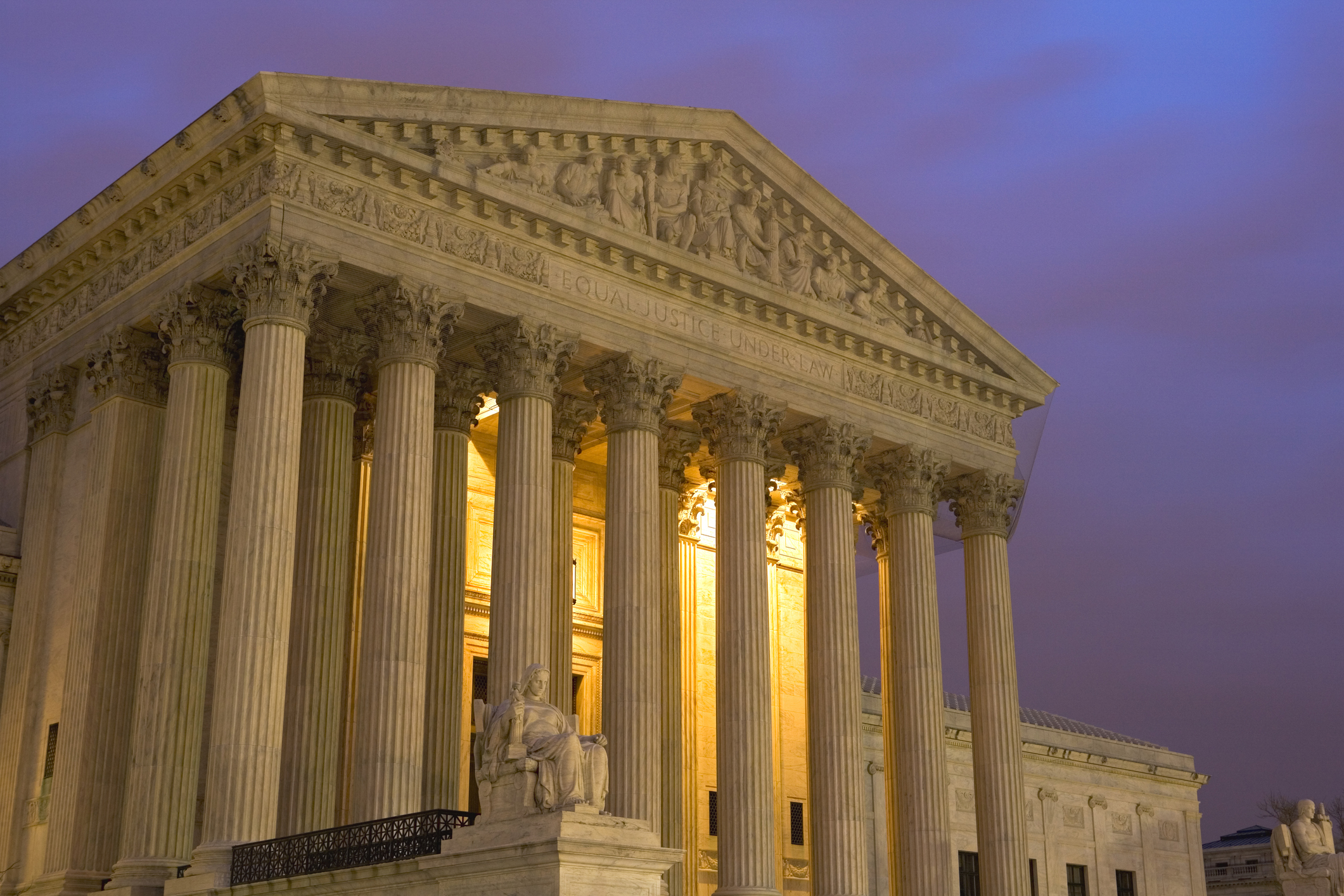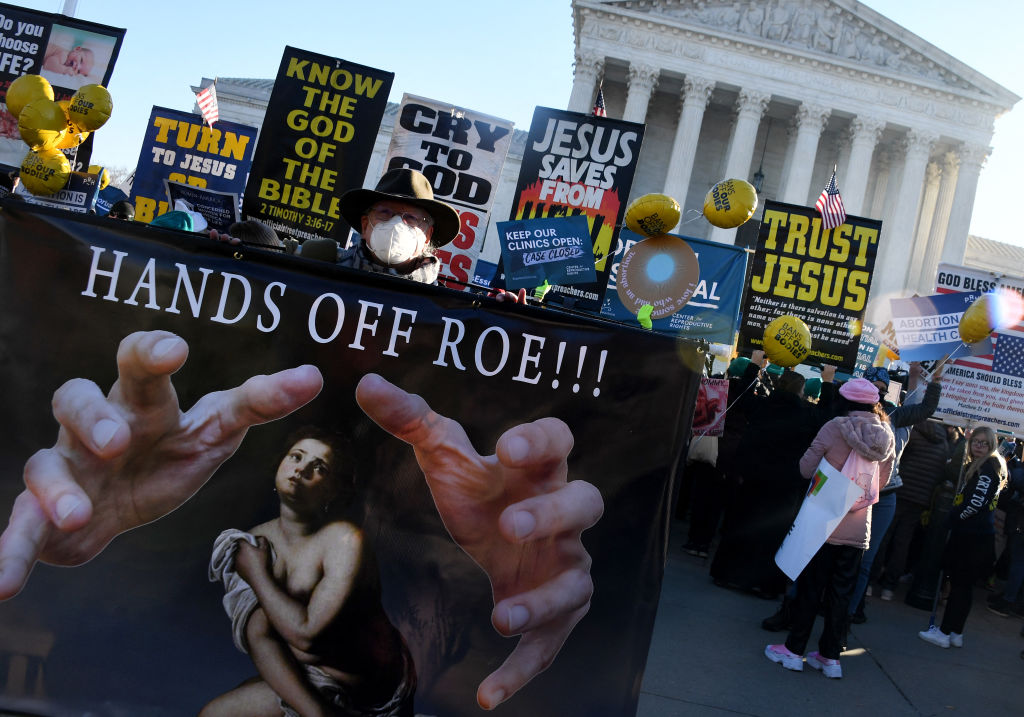Illinois Gov. J.B. Pritzker called a special session with the General Assembly to discuss reproductive health rights in Illinois in wake of a ruling from the U.S. Supreme Court that overturned Roe v. Wade.
The ruling ended constitutional protections for abortion that had been in place nearly 50 years.
Illinois is overwhelmingly Democratic with laws providing greater access to abortion than most states. Democrats hold veto-proof supermajorities in the House and Senate.
"In Illinois, we trust women," Pritzker said in a statement following the court's decision. "Despite the action of the Supreme Court today overturning Roe v. Wade, the right to safe, accessible reproductive health care is in full force in Illinois – and will remain so."
Feeling out of the loop? We'll catch you up on the Chicago news you need to know. Sign up for the weekly Chicago Catch-Up newsletter here.
Abortion is legal in the state and can only be restricted after the point of viability, when a fetus is considered able to survive outside the womb. Medical science determines viability at 24 to 26 weeks, but Illinois law does not specify a timeframe, saying a medical professional can determine viability in each case. Abortions are also allowed after viability to protect the patient’s life or health.
Pritzker signed into law in 2019 legislation expanding abortion rights across the state.
The Reproductive Health Act rescinded prohibitions on some late-term abortions and 45-year-old criminal restraints such as criminal penalties for doctors performing abortions.
The restrictions adopted after the 1973 U.S. Supreme Court decision in Roe v. Wade that legalized abortion have never been enforced in Illinois because of court injunctions.
Sponsors of the Reproductive Health Act warned at the time that its protections would be necessary should the landmark Roe v. Wade decision be overturned.
Pritzker also repealed the Parental Notification Act in 2021, allowing pregnant minors to choose whether or not a legal guardian or family member is involved in their decision. Supports of the move said the repeal "protected the most vulnerable youth - such as victims of rape, incest, and domestic abuse – from being compelled to notify their abusers."
Following the latest news of the SCOTUS decision, Pritzker tweeted "we will fight back."
He called for a special session for reproductive health rights in "the coming weeks," saying he did so with the support and consultation of House Speaker Emanuel "Chris" Welch and Senate President Don Harmon.
"Together, we are committed to taking swift action to further enshrine our commitment to reproductive health care rights and protections," Pritzker said.
In recent years, Illinois has seen an influx of patients traveling to the state to seek reproductive care.
According to data from the Illinois Department of Public Health, 7,534 nonresidents received abortions in Illinois in 2019, compared with 2,970 in 2014 and 5,528 in 2017.
In neighboring Wisconsin, doctors immediately stopped providing abortions on Friday, turning away women in waiting rooms and calling to cancel pending appointments following the Supreme Court's ruling/
Friday's outcome is expected to lead to abortion bans in roughly half of U.S. states.
Justice Samuel Alito, in the final opinion issued Friday, wrote that Roe and Planned Parenthood v. Casey, the 1992 decision that reaffirmed the right to abortion, were wrong the day they were decided and must be overturned.
Authority to regulate abortion rests with the political branches, not the courts, Alito wrote.
The ruling is expected to disproportionately affect minority women who already face limited access to health care, according to statistics analyzed by The Associated Press.
Thirteen states, mainly in the South and Midwest, already have laws on the books that ban abortion in the event Roe is overturned. Another half-dozen states have near-total bans or prohibitions after 6 weeks of pregnancy, before many women know they are pregnant.
In roughly a half-dozen other states, the fight will be over dormant abortion bans that were enacted before Roe was decided in 1973 or new proposals to sharply limit when abortions can be performed, according to the Guttmacher Institute, a research group that supports abortion rights.



